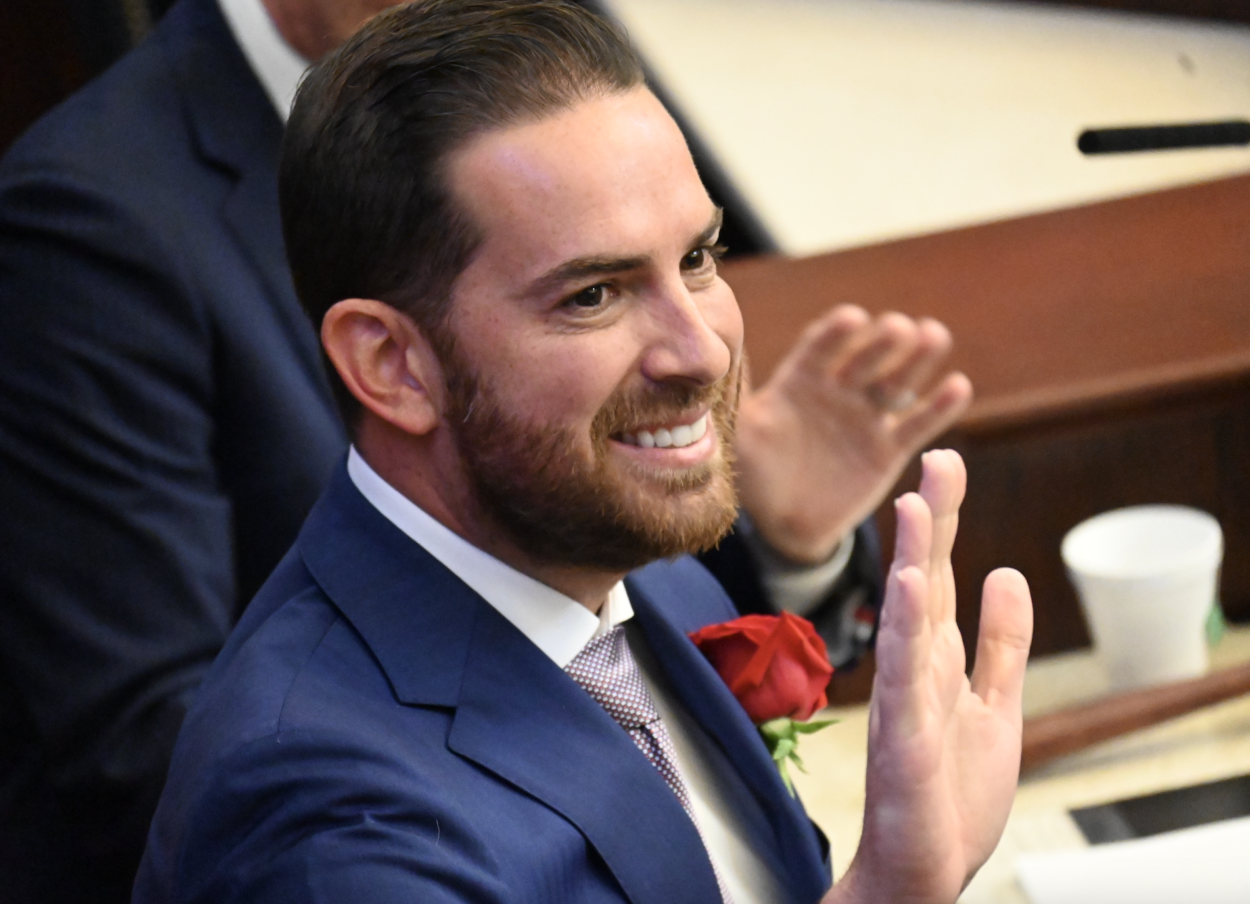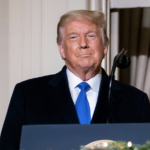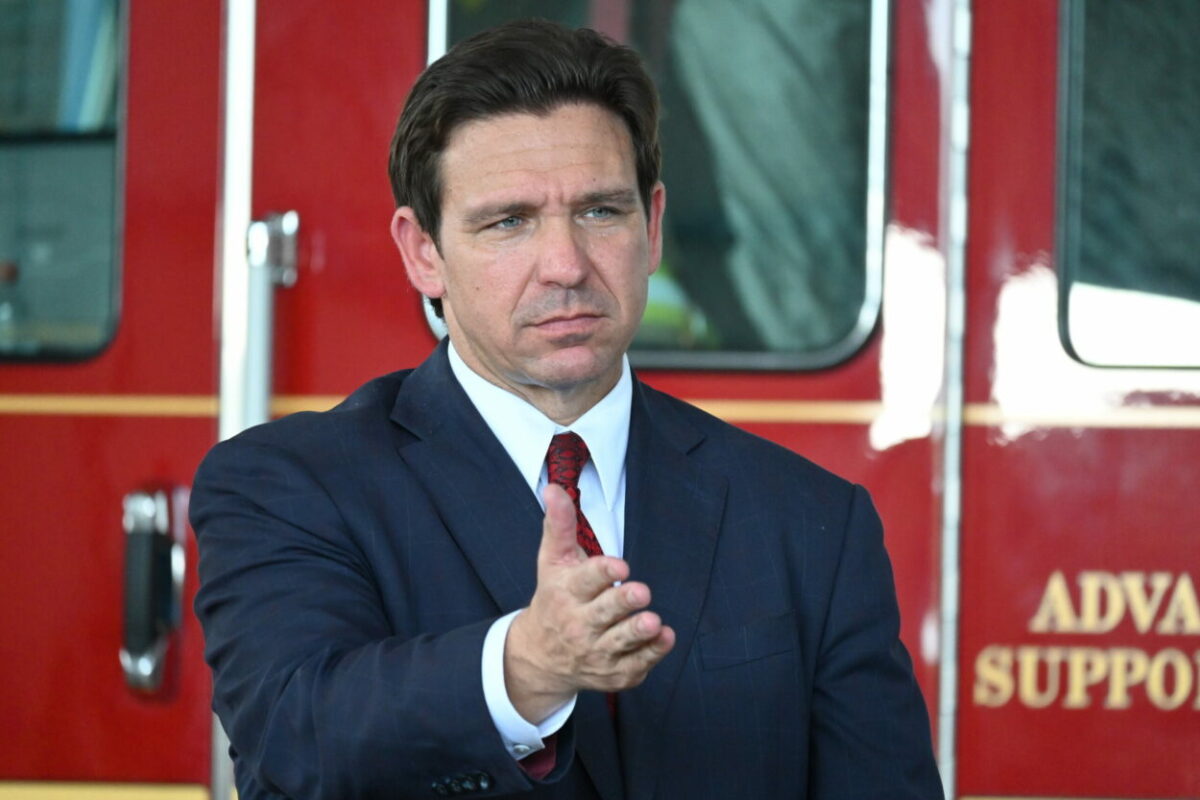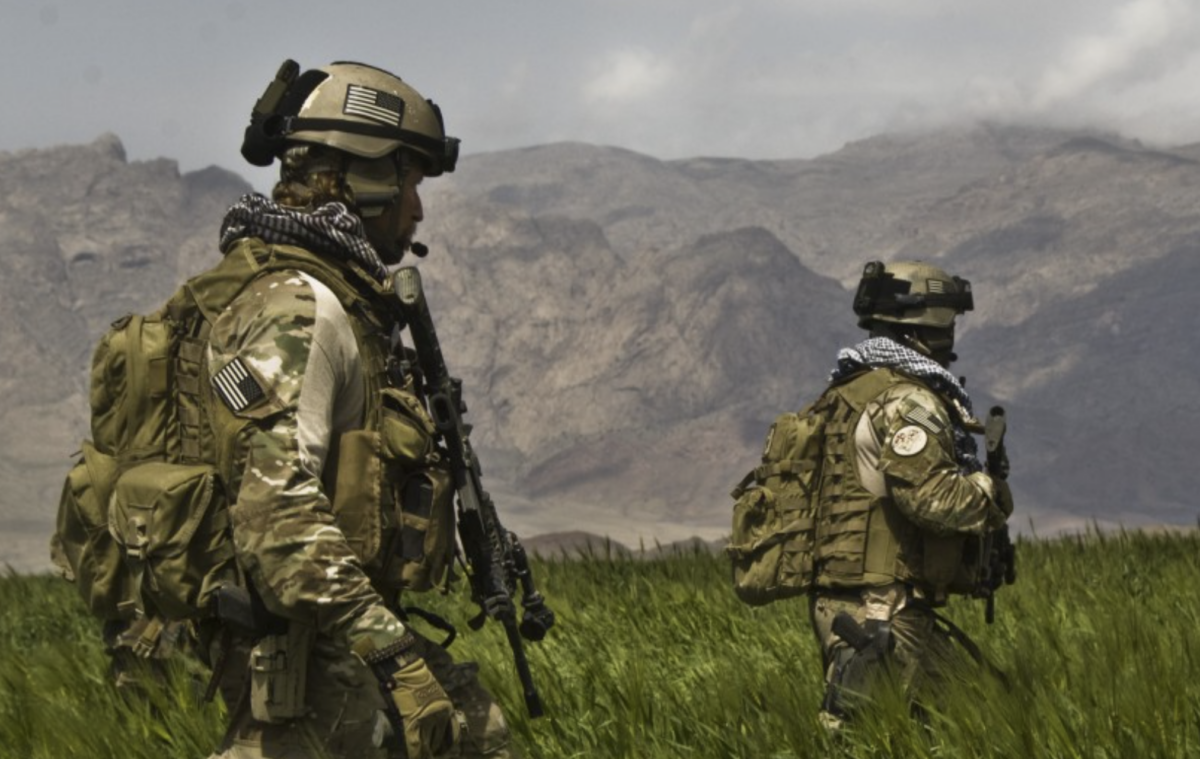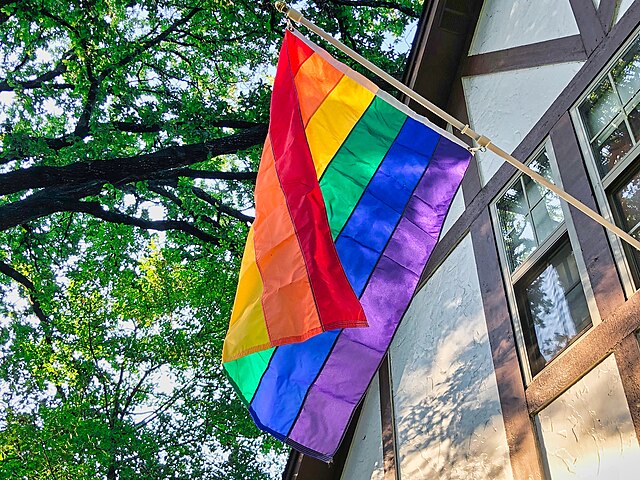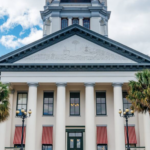Despite a congressional setback that killed a bill supporting Puerto Rican statehood, Florida man Sen. Marco Rubio's continued advocacy for the island's rights has prompted state legislators to weigh in on the issue through the lens of veterans' needs—a concern they often revisit.
Puerto Rico has been a U.S. Territory for well over a century, and in that time has earned the status as the only Latino group over-represented in the military. Despite this, NBC reported, over 40% of the veterans and beneficiaries in 2015 represented by the Puerto Rico Public Advocate for Veterans Affairs left for the mainland U.S. before they received their pension claims.
Why?
Because accessing Veteran Affairs benefits in Puerto Rico tends to be far more difficult than it is stateside, War Horse reported. Though the island has a public advocate for veteran affairs, the office is often overloaded with requests due to its tens of thousands of veterans. As of January, there were just 16 people certified with the U.S. Court of Appeals for Veterans Claims.
Further compounding the veteran issue is healthcare: some military members on the island have expressed the "logistical—things like inadequate internet access or time zone differences that can make phone calls to the continental U.S. tough—to the infrastructural—not enough health care facilities or veterans service representatives," issues, War Horse wrote. This further complicates some veterans' attempts to access Tricare, the military healthcare system.
Puerto Rico's seventh plebiscite—or non-binding vote—is coming up this November to gauge what residents want their island to be: a state, a nation, or a nation with free association. For the first time ever, the option to remain a territory will be nixed from the ballot, which makes sense considering their past three referendums all resulted in statehood being citizens' top choice. On the mainland side, a bipartisan congressional delegation drew up a bill that would have forced Congress to listen to the results of the November vote, though time is running out for it to pass.
But, is statehood the solution?
"Veterans should get their benefits—period—but I don't that you need to make Puerto Rico a state to solve that problem," he added, acknowledging that while statehood is a federal issue that he doesn't deal with in the state Legislature, he does not support Puerto Rican statehood. "They haven't been a state, I don't see why they need to be one. if you're on attempt number 7, then clearly this isn't an overwhelming desire for them. If this was such a great idea it wouldn't take seven shots to do it."
Republican Rep. Chip LaMarca, meanwhile, told The Floridian that he thinks that Puerto Rico's "preferred status" should be acknowledged, as long as it works in conjunction with assisting veterans on the island.
"Statehood is obviously a federal issue. However, I support our veterans, whether they reside in one of the fifty states or U.S. territories," Republican Rep. Chip LaMarca told The Floridian. "We should focus on reforming federal policies to ensure that veterans on the island receive more equitable benefits without compromising Puerto Rico’s preferred status, whether that be statehood or keeping their current status."
Their comments follow Sen. Marco Rubio's announcement that despite a failed congressional bill, he will pursue all efforts to support Puerto Rico in their statehood endeavors.
Though Sen. Rick Scott could not be reached for comment, in the past he's vocalized his support for Puerto Rican statehood—leading state Sen. Joe Gruters to tell The Floridian, "I agree with Senator Rick Scott respect and respect the will of the people of Puerto Rico."




